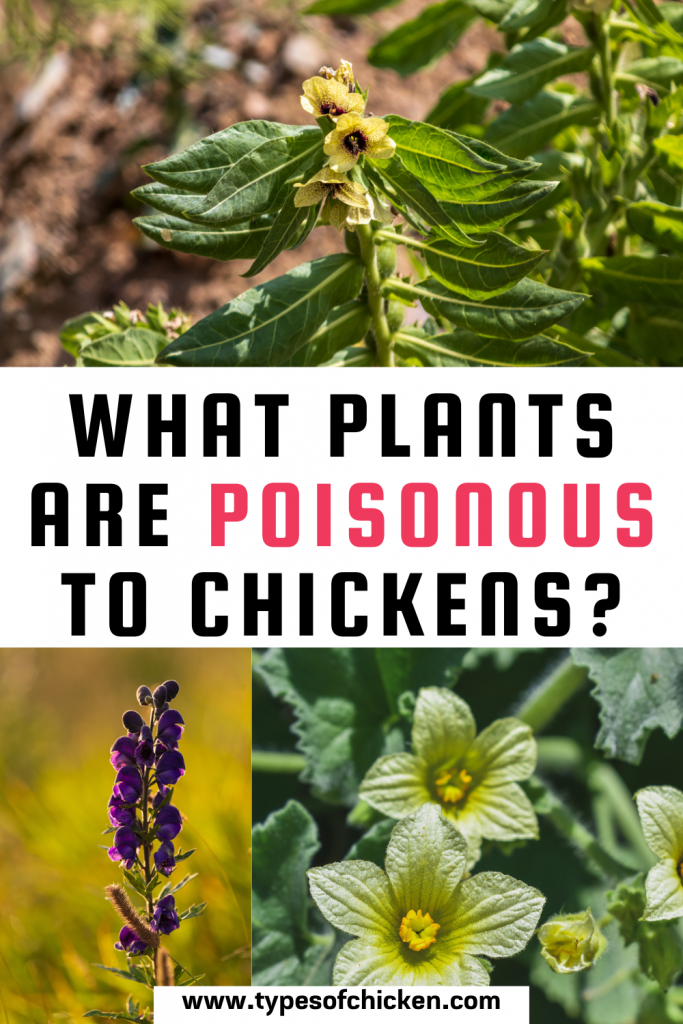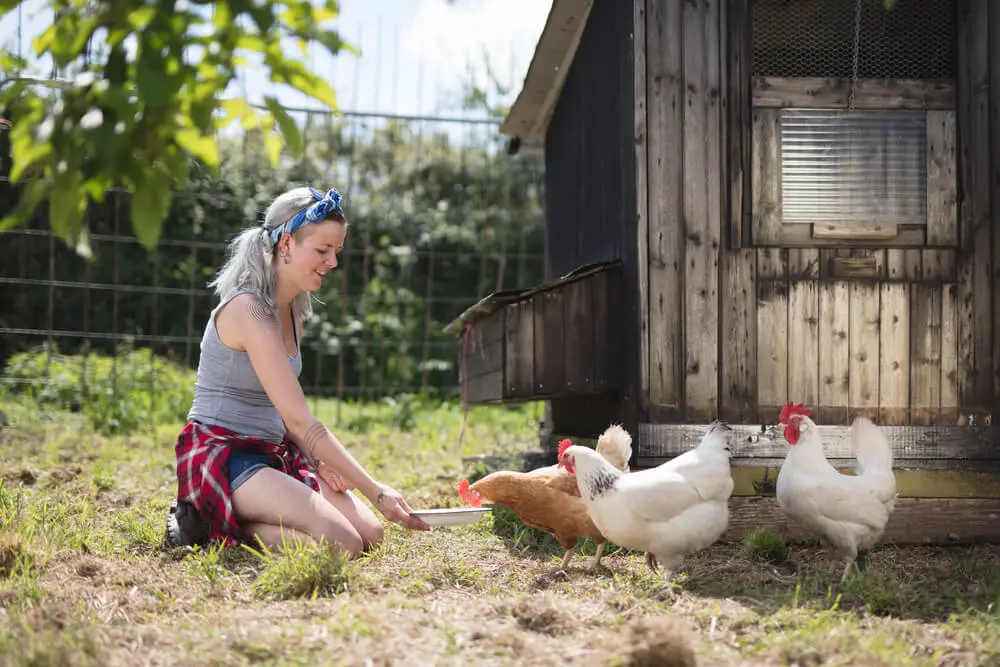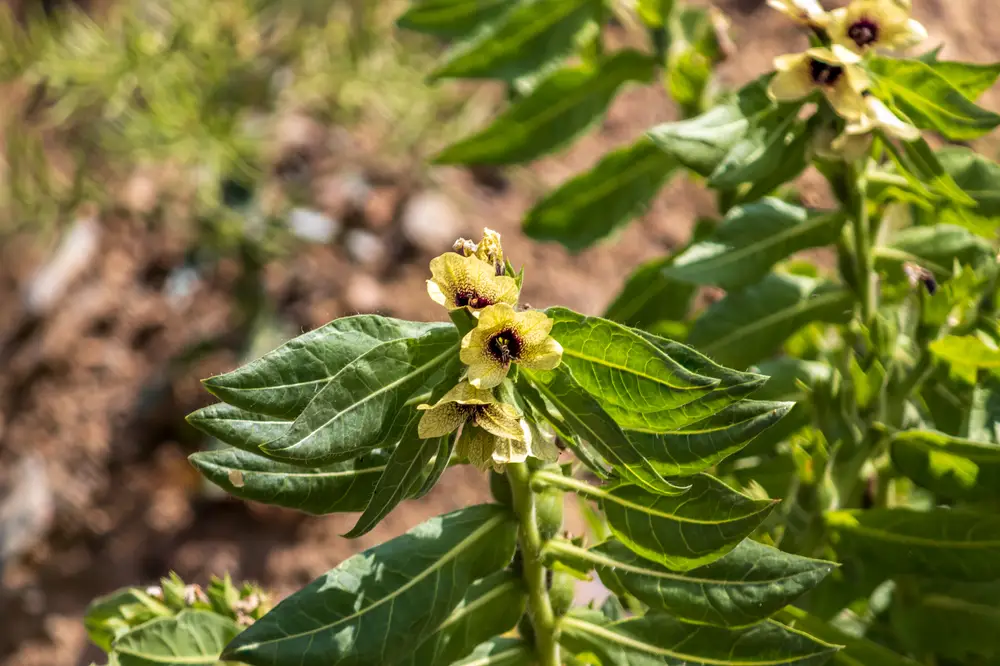Below is a list of plants poisonous to chickens. If you are free-ranging your flock, you probably won’t have to worry. This is because hens aren’t stupid. If they happen to come across any of these plants, they are likely to keep ongoing.
However, if you keep your chickens in a backyard coop, they may think it’s okay to eat anything you give them. After all, they trust you! With that in mind…
What plants are poisonous to chickens?
- Aconite
- Bryony
- Horseradish
- Hemlock
- Henbane
- Laburnum
- Privet
- Rhubarb
- Yew
- Members of the nightshade family, including leaves of the tomato plant and the potato plant.
Since we’re not born knowing what these plants may be, I’m going to give you the meanings as well.
- Aconite is a poisonous plant of the buttercup family, which bears hooded pink or purple flowers. It is native to temperate regions of the northern hemisphere. An extract of such a plant is used as a poison or in medicinal preparations. (there’s a double-edged sword)
- Bryony is a climbing plant that has greenish-white flowers, red berries, and springlike tendrils. Native to Eurasia, it is the only British member of the gourd family. A climbing plant with broad glossy leaves, poisonous red berries, and black tubers. Native to Europe, it is the only British member of the yam family.
- Horseradish is a European plant of the cabbage family, with long docklike leaves, grown for its pungent root. This root, which is scraped or grated as a condiment and often made into a sauce.
- Hemlock is a highly poisonous European plant of the parsley family, with a purple-spotted stem, fernlike leaves, small white flowers, and an unpleasant smell. A sedative or poisonous potion is obtained from this plant. Such a potion was said to have been used to poison Socrates.
- Henbane is a coarse and poisonous Eurasian plant of the nightshade family, with sticky hairy leaves and an unpleasant smell. A psychoactive drink is prepared from this plant.
- Laburnum is a small European tree that has hanging clusters of yellow flowers succeeded by slender pods containing poisonous seeds. The hard timber is sometimes used as an ebony substitute. Native to Central and Southern Europe, laburnums have been widely planted as ornamentals.
- Privet is a shrub of the olive family, with small white, heavily scented flowers and poisonous blackberries.
- Rhubarb is the thick leaf stalks of a cultivated plant of the dock family, which are reddish or green and eaten as a fruit after cooking. Hey, most people love rhubarb. But don’t feed it to your chickens!
- Yew is a coniferous tree that has red berry-like fruits, and most parts of which are highly poisonous. Yews are linked with folklore and superstition and can live to a great age; the timber is used in cabinetmaking and (formerly) to make longbows.
- Leaves of potato and tomato plants…I’ll bet you know those by sight!


Shannon Stansberry has been engaged in the business of raising chickens for more than 12 years. In 2016, she accomplished the Agriculture & Natural Resources program at Mt. San Antonio College. At present, she tends to more than 80 chickens on her 4-hectare farm. Shannon regularly shares her insights and experience on how to raise healthy and contented chickens on the platform Typesofchickens.com
